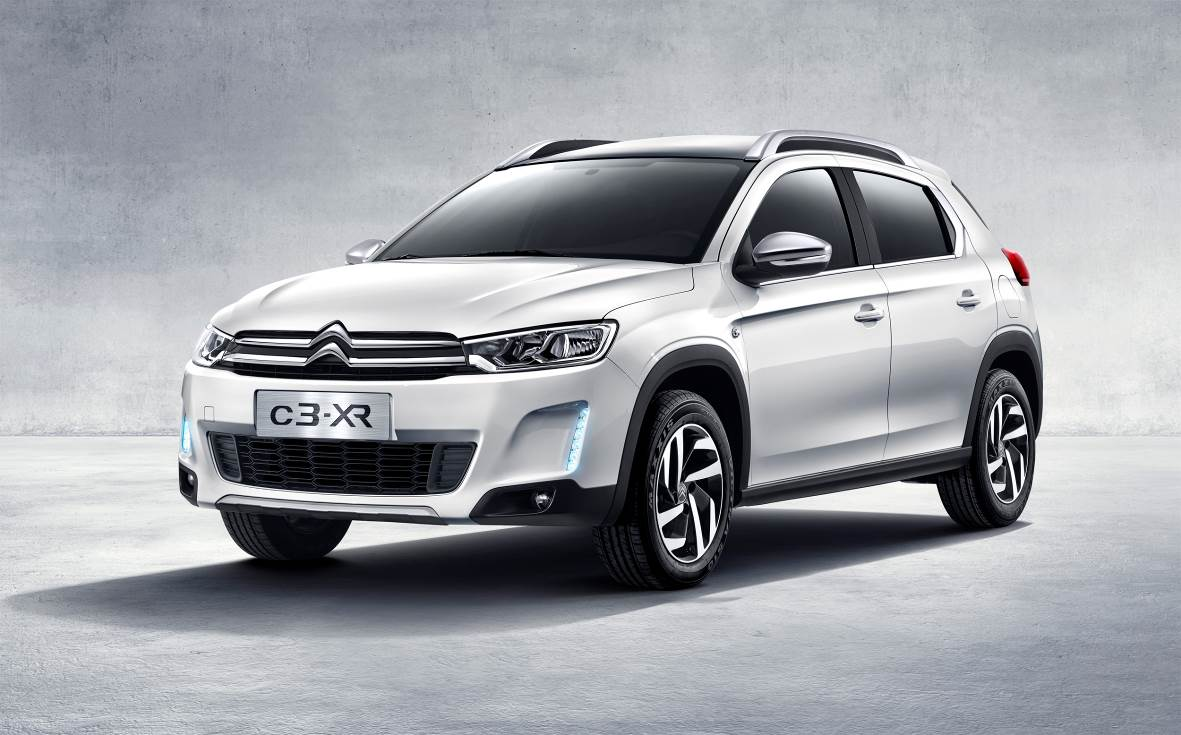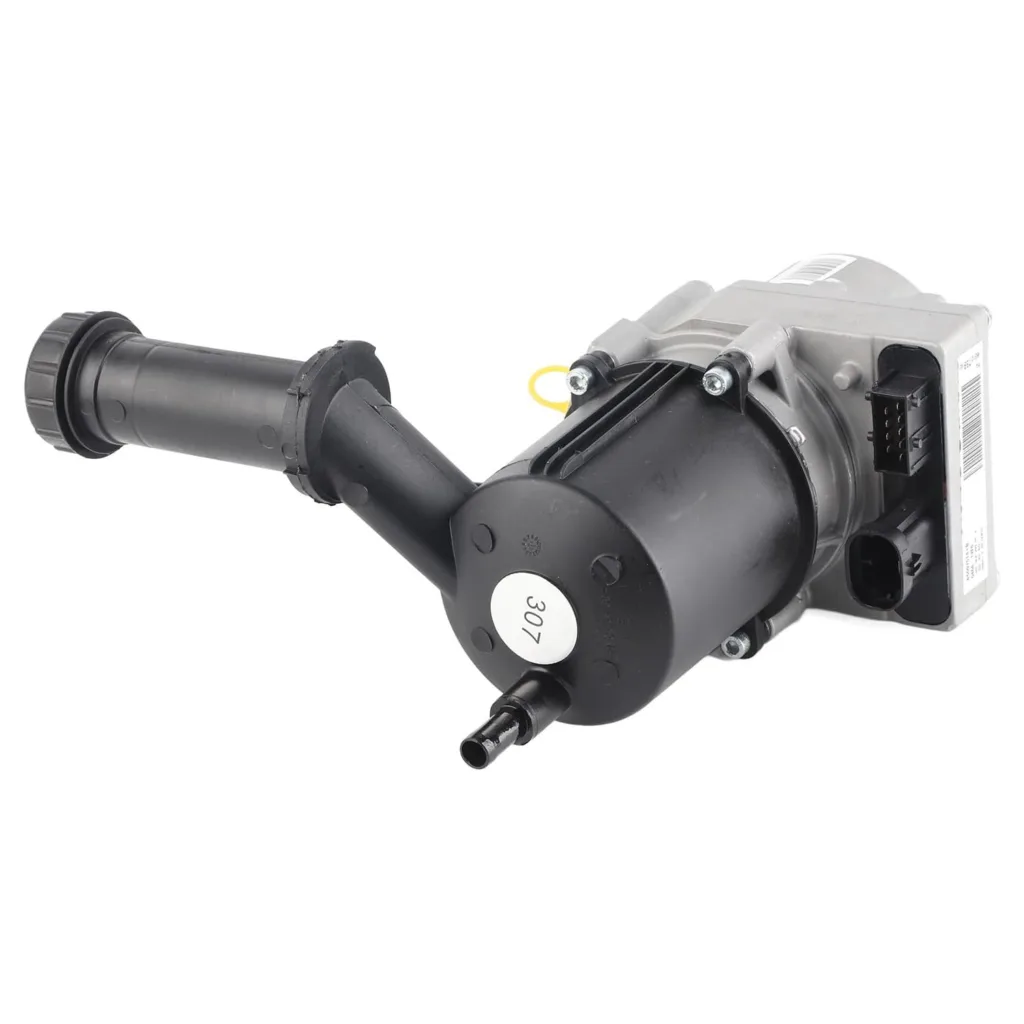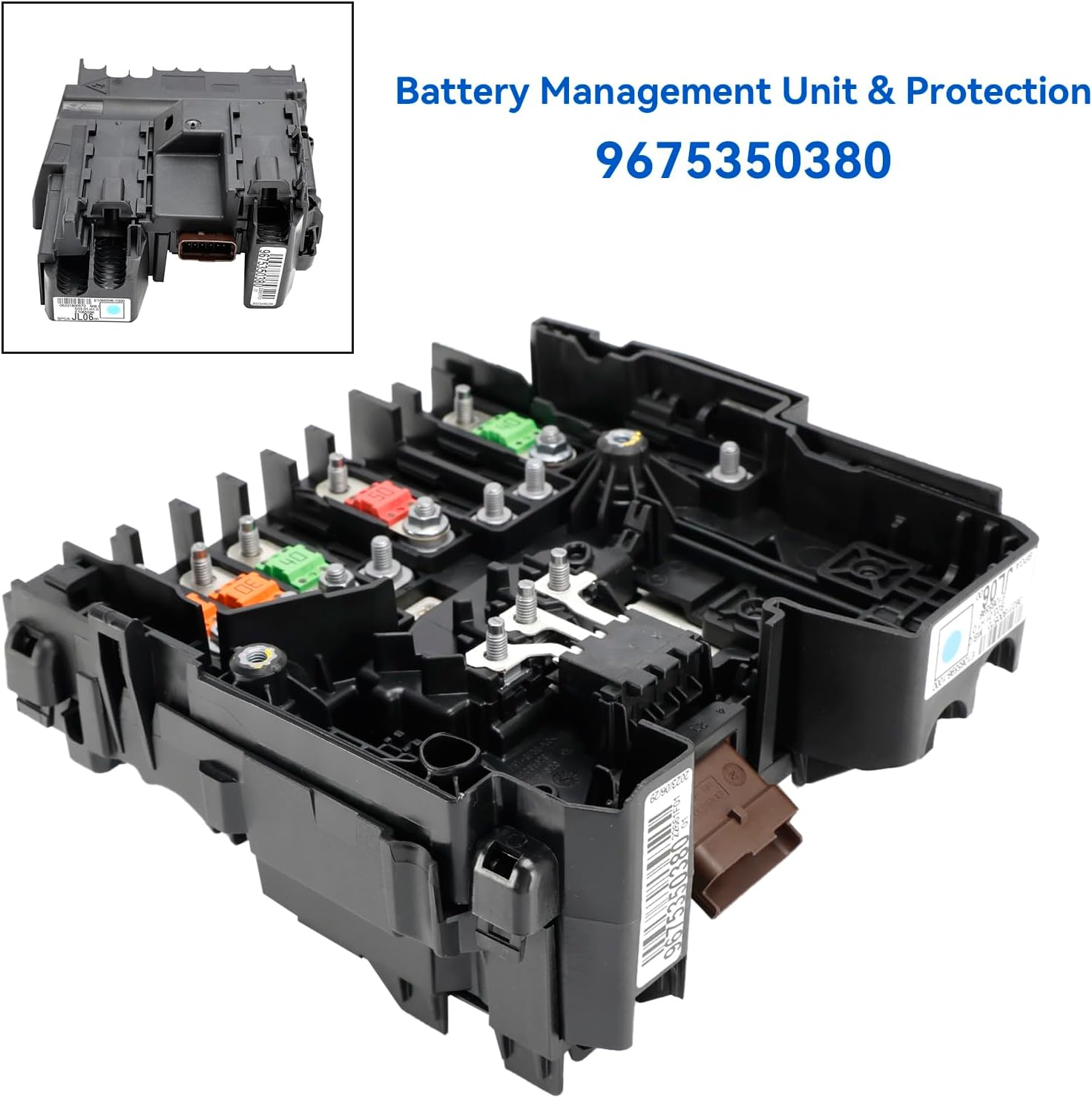Last Updated on 2025-06-23 by Car Parts Expert
Power steering systems have revolutionized the way we drive and handle vehicles
Power steering systems have revolutionized the way we drive and handle vehicles. They assist drivers in maneuvering their vehicles with ease, especially when parking and navigating tight spaces. There are several types of power steering systems available today, each with its own advantages and characteristics. In this article, we will compare and contrast two common types of power steering systems: hydraulic power steering and electric power steering.
Hydraulic power steering systems have been around for decades
Hydraulic power steering systems have been around for decades and have been the traditional choice for most vehicles. These systems use a hydraulic pump driven by the engine to provide assistance to the steering system. When the driver turns the steering wheel, hydraulic fluid is pressurized and sent to the steering rack, assisting in turning the wheels.
One of the main advantages of hydraulic power steering systems is their excellent road feel and feedback
One of the main advantages of hydraulic power steering systems is their excellent road feel and feedback. Drivers can feel the road surface and the vehicle’s response to their inputs, providing a more engaging driving experience. Additionally, hydraulic systems are known for their reliability and durability, requiring minimal maintenance over time.
hydraulic power steering systems do have some drawbacks
However, hydraulic power steering systems do have some drawbacks. They are less energy-efficient compared to electric power steering systems, as they rely on the engine to power the hydraulic pump. This can result in a slight decrease in fuel efficiency. Hydraulic systems also require more complex components, such as hoses, pumps, and fluids, which can increase the cost of maintenance and repairs.
electric power steering systems have gained popularity in recent years due to their efficiency and simplicity
On the other hand, electric power steering systems have gained popularity in recent years due to their efficiency and simplicity. These systems use an electric motor to provide assistance to the steering system, eliminating the need for hydraulic fluid and pumps. Electric power steering systems are more energy-efficient than hydraulic systems, as they only draw power when assistance is needed, resulting in improved fuel efficiency.
Another advantage of electric power steering systems is their flexibility and adaptability
Another advantage of electric power steering systems is their flexibility and adaptability. The steering assist level can be easily adjusted based on driving conditions, vehicle speed, and driver preferences. Electric power steering systems are also lighter and more compact than hydraulic systems, making them ideal for modern vehicles with limited space.

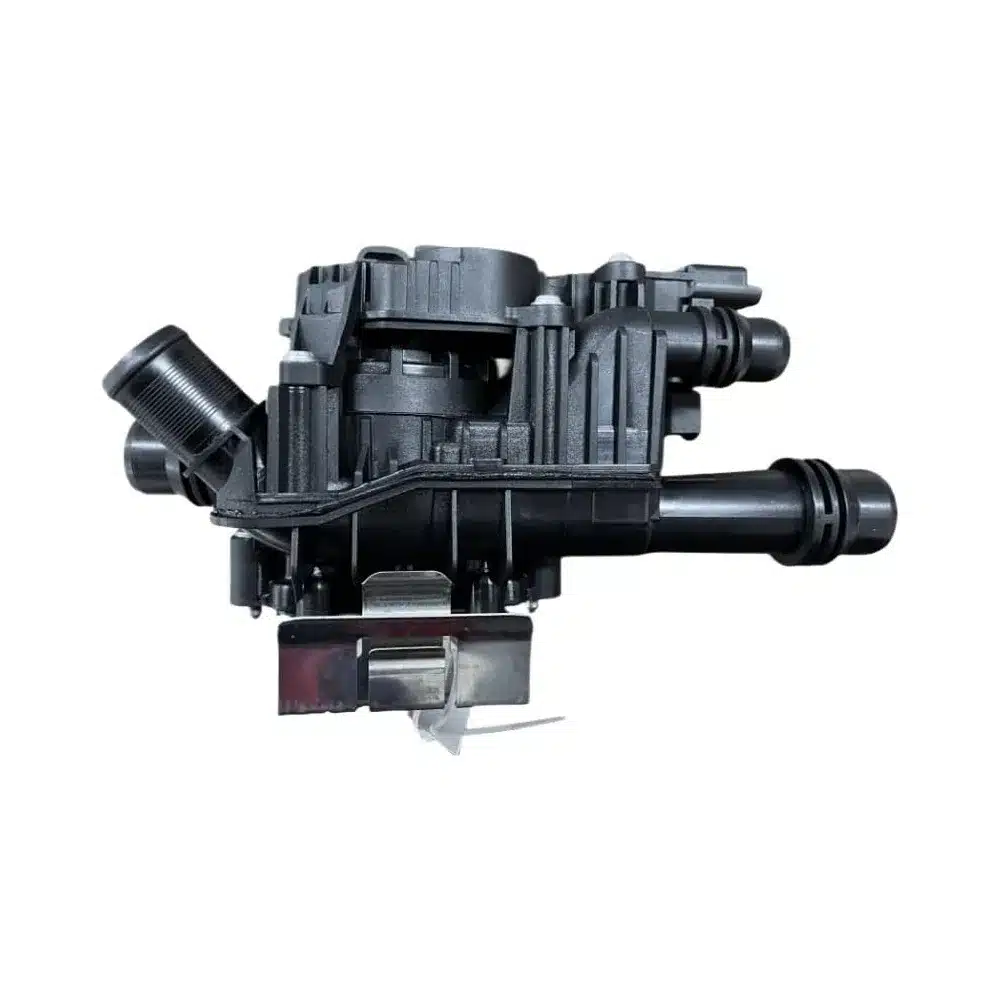
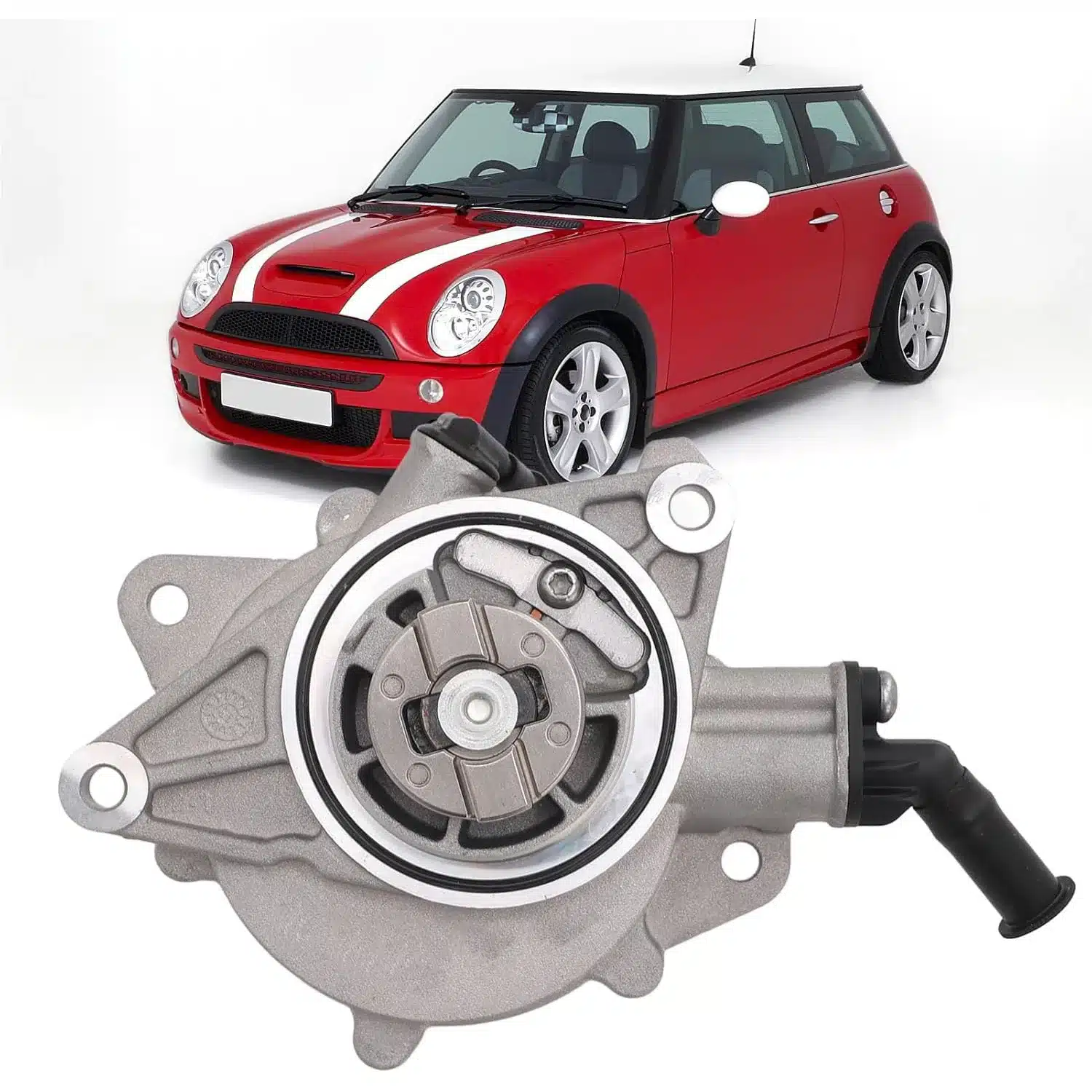
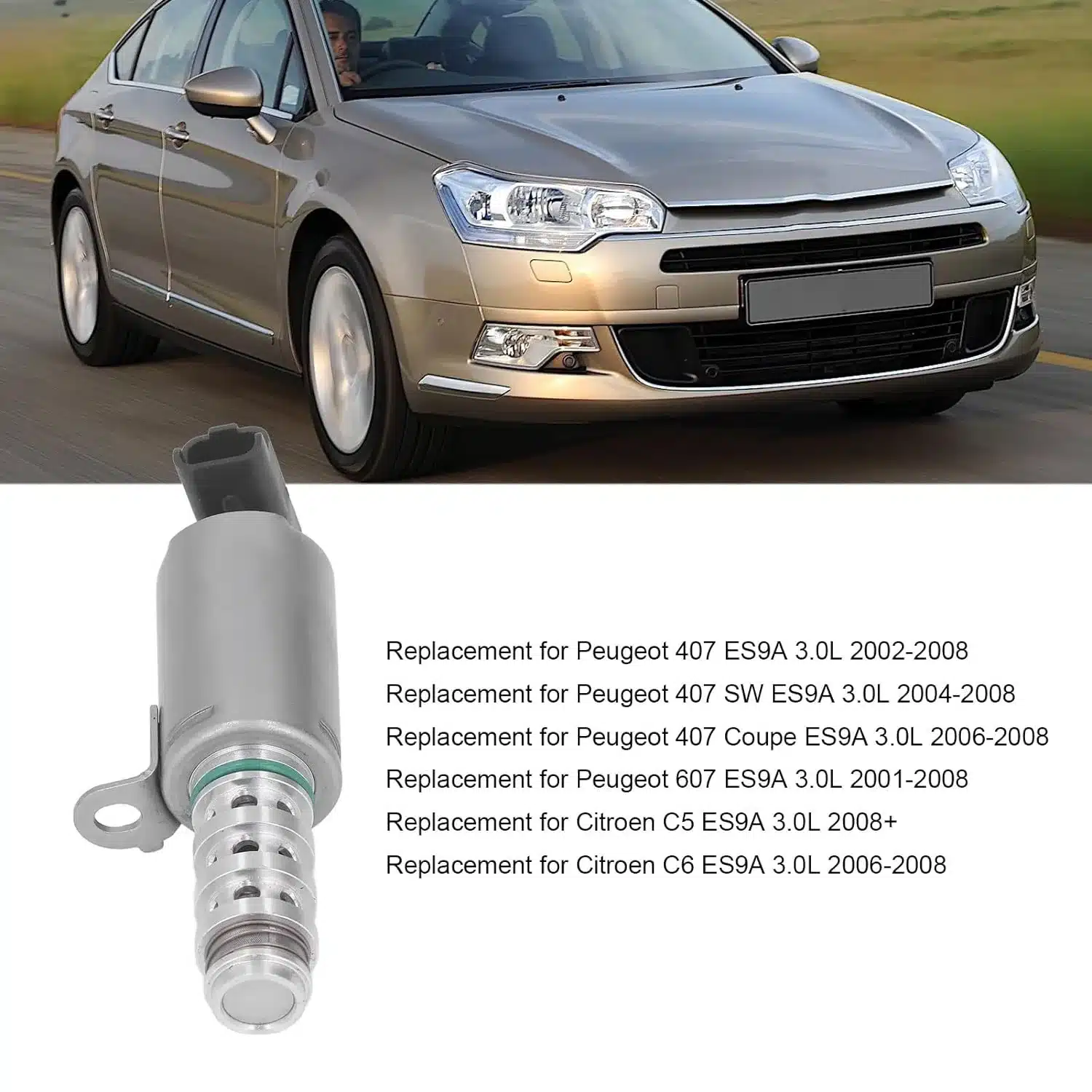
electric power steering systems have some limitations
Despite their advantages, electric power steering systems have some limitations. One common criticism is the reduced road feel and feedback compared to hydraulic systems. Drivers may feel disconnected from the road surface and vehicle dynamics, leading to a less engaging driving experience. Additionally, electric power steering systems may be more prone to electronic malfunctions and failures, requiring specialized equipment for diagnosis and repairs.
both hydraulic power steering and electric power steering systems have their own set of advantages and drawbacks
In conclusion, both hydraulic power steering and electric power steering systems have their own set of advantages and drawbacks. Hydraulic systems offer excellent road feel and reliability but are less energy-efficient and more complex. Electric systems, on the other hand, provide efficiency and adaptability but may lack the feedback and durability of hydraulic systems. The choice between the two systems ultimately depends on the driver’s preferences, driving style, and budget. As technology continues to evolve, we can expect further improvements in power steering systems to enhance the driving experience for motorists around the world.
Any question pls contact Shany Whatsapp +86 18902611680


